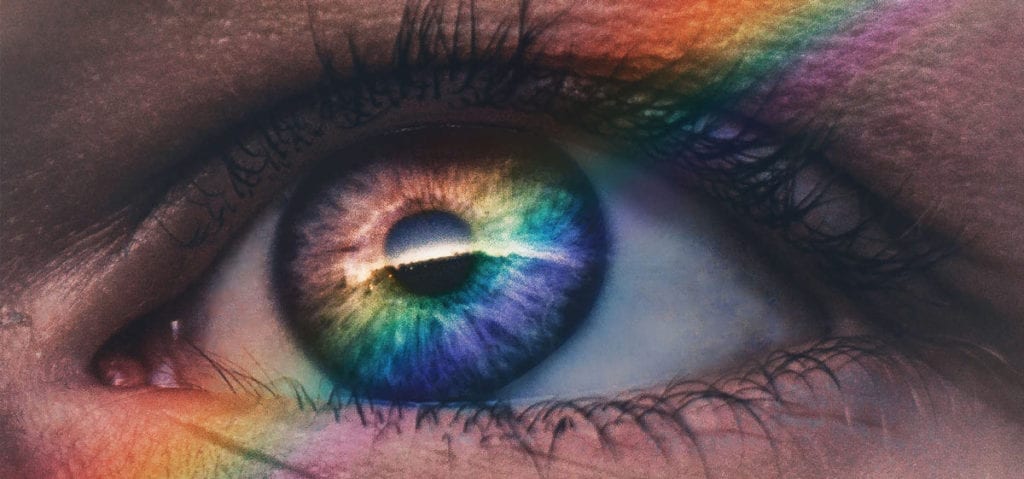Researchers at McGill University in Montreal have shown that cannabinoids can increase the responsiveness of retinal cells to light, according to The Guardian.
At least two other studies looking at cultures where cannabis is prevalent have revealed a potential correlation between good night vision and cannabis use.
Fishermen in Jamaica had long attributed their excellent night vision to smoking cannabis or using a rum-based cannabis tincture. That effect was confirmed by pharmacologist M.E. West 25 years ago.
In 2002, researchers in Morocco were also able to confirm cannabis’ effects on night vision in fishermen and mountain-dwellers in that country, using a new device that measured the sensitivity of retinal cells in the eye.
The new study focuses on retinal cells using animal models. Researchers applied a synthetic cannabinoid directly to the eyes of tadpoles and used electrodes to measure changes in retinal nerves, measuring directly how much light the tadpoles could perceive. The cells were shown to be more sensitive to light following the cannabinoid’s administration.
The tadpoles are also known to instinctively swim away from dark moving dots. In a second experiment, researchers applied the synthetic cannabinoid to some and then tracked the behavior of the tadpoles using video-tracking software. Under normal, bright light conditions they observed no difference in behavior. Under low-light conditions, however, tadpoles treated with the synthetic cannabinoid were able to avoid more moving dark dots than those who were not, apparently confirming the suspicion that cannabinoids can increase low-light vision.
Researchers now have a basis of understanding for the specific effect that cannabinoids have that increases night vision. The research could lead to the investigation and development of treatments for many eye conditions, such as retinitis pigmentosa and glaucoma — both of which can cause blindness.
